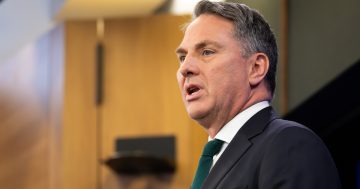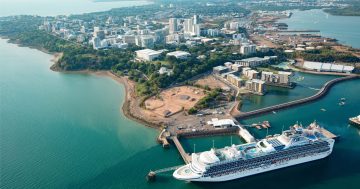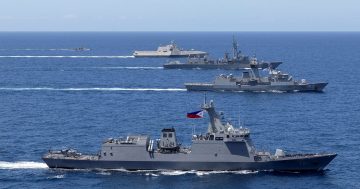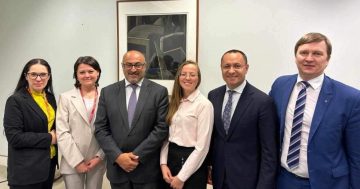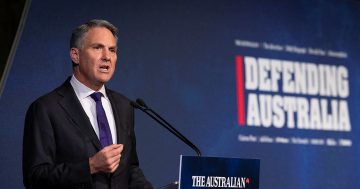James M. Dorsey* says Indonesian President Widodo’ success in persuading G7 leaders to attend the G20 summit in Bali, even if Russian President Putin attends, may be only the first step along an increasingly rocky road.
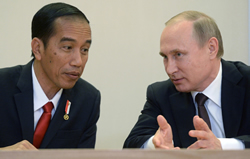 Indonesia’s geopolitical plate is piling up as it prepares to host the Group of 20 (G20) summit and associated gatherings in November.
Indonesia’s geopolitical plate is piling up as it prepares to host the Group of 20 (G20) summit and associated gatherings in November.
The challenges and opportunities for Indonesia are multiple.
In June, Indonesian President, Joko Widodo persuaded the leaders of the Group of 7 (G7) — Canada, France, Germany, Italy, Japan, the United Kingdom and the United States, together with the European Union, to join the summit in Bali, even if it is attended by Russian President, Vladimir Putin.
The G7 leaders had threatened to boycott the summit in protest at Russia’s invasion of Ukraine if Mr. Putin were invited.
Even so, much can derail Mr Widodo’s achievement in the weeks leading up to the summit.
Pulling the G20 back from what could have constituted a devastating fiasco is just one of the pitfalls Indonesia has been seeking to manoeuvre through.
In a world mired in conflict, bifurcation, and economic crisis, Indonesia’s G20 Presidency is hardly out of the woods.
Insisting that Mr Putin should attend the summit helps Mr Widodo manoeuvre Indonesia through a power struggle to shape the world order in the 21st century.
However, in a potential preview of the November summit, Russian Foreign Minister, Sergei Lavrov walked out of a meeting of G20 Foreign Ministers in Bali in July when Russia came under fire for its war in Ukraine.
That gathering ended without the traditional joint communique, chairperson’s statement or a group photograph.
It underscored the fact that Indonesia may have to walk a diplomatic tightrope to prevent the November summit from fracturing the G20 beyond repair.
The incident underscored the risks presented by leaders such as Mr Putin and Chinese President, Xi Jinping putting a dent in Indonesia’s successful track record of non-alignment.
It has not stopped Indonesia from rejecting Chinese claims to territory in the South China Sea, refusing China’s offer to negotiate maritime boundaries, and conducting military exercises just beyond Chinese-claimed waters.
Increasingly, Indonesia may find that non-alignment is no longer its best option, even if that would not necessarily mean that it would pick sides in the US-China divide.
What it does mean is that the G20 is the opportunity for Indonesia to showcase itself, on the back of its diplomatic acumen, as an attractive target for badly-needed foreign investment and a regional power that has long flown under the radar.
To do so Indonesia, one the world’s biggest coal exporters and carbon emitters, will have to clarify its stance on a host of issues.
This includes climate change; perceived threats posed not only by China but also by the AUKUS trilateral security pact between Australia, the United Kingdom, and the United States, and the spectre of a global recession.
In all, Indonesia faces a tall order in attempting to pull back from the brink a world consumed by the war in Ukraine as it also seeks to manoeuvre the pitfalls of mounting tensions between the United States and China over issues like Taiwan that, like Ukraine, could spark a war with global implications.
*James M. Dorsey is an award-winning journalist and scholar, a Senior Fellow at the National University of Singapore’s Middle East Institute and Adjunct Senior Fellow at Nanyang Technological University’s S. Rajaratnam School of International Studies.
A fuller version of this article appeared on Dr Dorsey’s blogsite – Blog | James M. Dorsey.net (jamesmdorsey.net)


